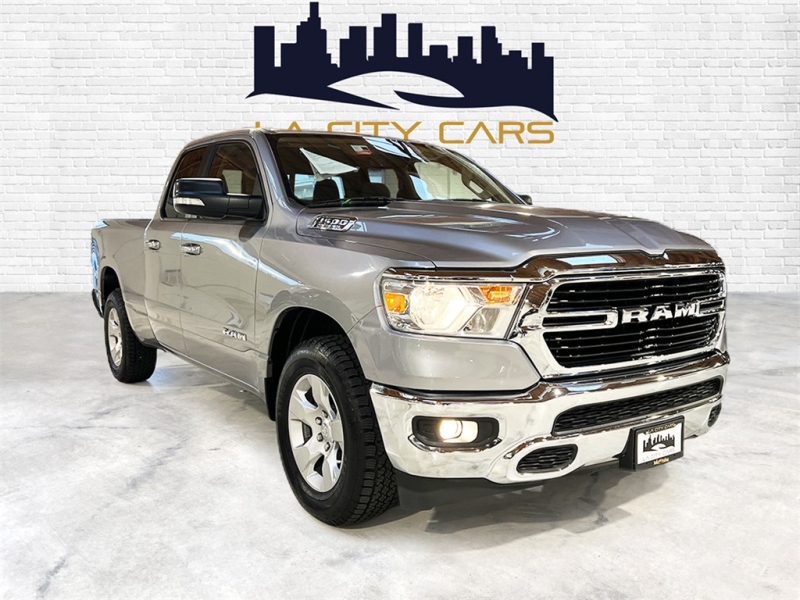When buying a used car, several key factors should be considered to ensure you make a sound purchase. Here’s a checklist to guide you:
- Budget: Determine your budget, including not just the purchase price but also taxes, registration, insurance, and potential maintenance costs.
- Research: Research the make, model, and year of the car you’re interested in. Look for common issues, recalls, and reliability ratings.
- Vehicle History Report: Obtain a vehicle history report (like Carfax or AutoCheck) to check for accidents, title issues, service records, and mileage verification.
- Mechanical Inspection: Have a trusted mechanic conduct a pre-purchase inspection. They can identify potential problems and evaluate the overall condition of the car.
- Test Drive: Take the car for a test drive. Pay attention to noises, handling, braking, and overall comfort. Test features like air conditioning, electronics, and infotainment systems.
- Exterior Inspection: Check for rust, paint inconsistency, dents, and signs of previous repairs. Inspect tires for wear and uneven tread.
- Interior Inspection: Look for signs of wear and tear on seats, dashboard, and controls. Ensure all features and electronics work properly.
- Documentation: Verify the vehicle’s title, service records, owner’s manual, and any warranties that may still apply.
- Negotiate: Don’t hesitate to negotiate the price based on the vehicle’s condition, market value, and any issues identified during the inspection.
- Legalities: Ensure all paperwork is in order, including the title transfer, bill of sale, and any necessary state-required documents.
- Insurance: Arrange insurance coverage before driving the car off the lot.
Remember, it’s crucial to take your time and not rush into a purchase. Be diligent in your inspection and don’t hesitate to ask questions. If something feels off or if you’re unsure, consider walking away. There are plenty of used cars available, and finding the right one takes patience and thorough research.


